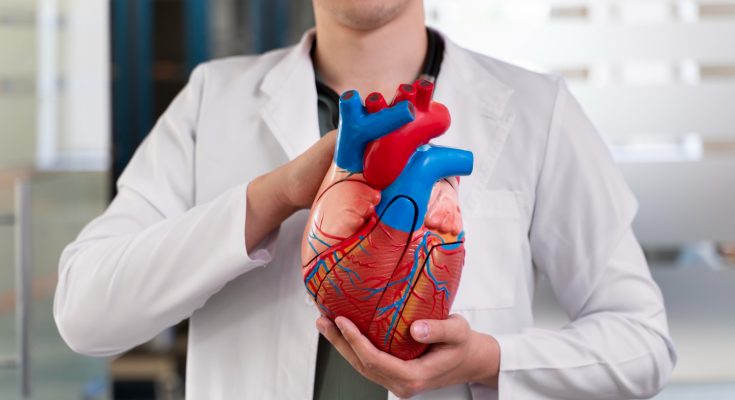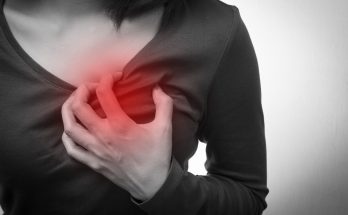Someone who looks perfectly healthy collapses without warning. Their hearts have stopped. This is sudden cardiac arrest (SCA) – a silent killer responsible for an estimated 4 to 5 million deaths worldwide every year. What makes it even scarier? It often strikes without symptoms and leaves little time to act.
But here is the truth that everyone should know that sudden cardiac arrest is not the same as a heart attack. While a heart attack is a “plumbing problem” caused by blocked blood flow. SCA is more like an “electrical blackout,” where the heart suddenly stops beating. That difference is life-saving knowledge most people don’t realize.
So, why should you care? Because knowing the early warning signs, understanding the root cause, and taking steps toward prevention could mean saving your life – or someone else’s.
In this blog, we’ll break down:
- The key symptoms of sudden cardiac arrest you should never ignore.
- The causes and risk factors that make some people more vulnerable.
- Practical prevention tips to protect yourself and your loved ones.
By the end, you’ll know how to recognize the red flags early and be prepared to act when every second counts.
What is Sudden Cardiac Arrest?
Sudden cardiac arrest (SCA) is exactly what it sounds like – your heart suddenly stops beating. When this happens, no blood reaches the brain, no oxygen fuels the body, and within seconds, the person collapses. Unless help comes immediately, SCA is almost always fatal.
Now, here’s where most people get confused:
- A heart attack happens when blood flow to part of the heart is blocked. The heart usually keeps beating, but it’s damaged.
- Cardiac arrest, on the other hand, is an electrical issue. The heart’s rhythm goes out of control, causing it to stop pumping blood altogether.
Understand it like this:
- Heart attack = Plumbing problem (Blocked Pipes)
- Cardiac arrest = Electrical problem (Power Failure)
Why Is It Life-Threatening?
Because minutes after the heart stops, the brain starts to shut down. If CPR or a defibrillator is not used right away, the chances of survival drop by 7 to 10 percent for every minute that care is not given.
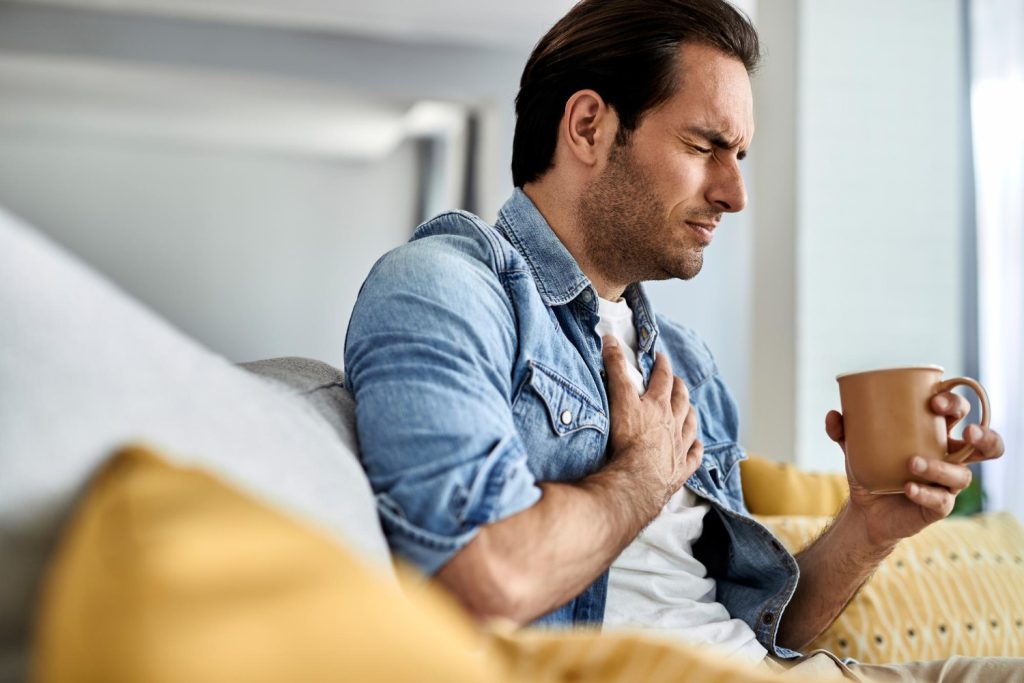
Common Symptoms to Watch For (Early Warning Signs People Often Ignore)
A scary thing about sudden cardiac arrest is that it can happen at any time. But the body does often send us warning signs; we just don’t notice them or think they’re nothing important. It could mean the difference between life and death to pay attention to these early signs.
Here are some of the most common symptoms people ignore:
Chest Discomfort or Pain
Even though chest pain doesn’t always mean a heart attack, it should never be ignored. If you feel pain, tightness, or pressure in your chest, it could mean that your heart is under a lot of stress. You might feel like you have heartburn, indigestion, or a heavy weight on your chest at times. It’s a big red flag if this starts out slowly and gets worse when you do things.
Shortness of Breath
If you can’t catch your breath, even when you’re not doing anything physically hard, it could mean that you have a heart problem. If you suddenly get out of breath after going up stairs that you usually find easy, or if you wake up in the middle of the night gasping for air, your heart may not be pumping properly.
Dizziness, Fainting, or Sudden Loss of Consciousness
If your heart isn’t able to send enough blood to your brain, you might feel dizzy or even pass out. People usually think this is because they are tired or dehydrated, but falling for no clear reason is one of the most common signs of cardiac arrest that people miss.
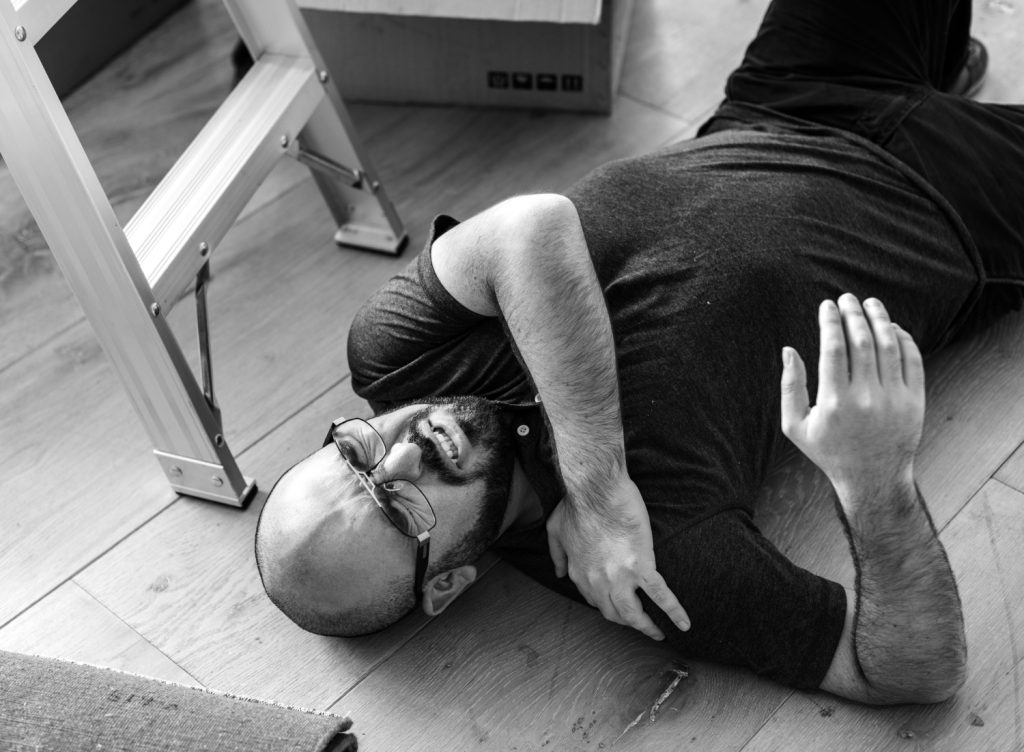
Palpitations or Irregular Heartbeat
That fluttering, racing, or pounding feeling in your chest? It could be harmless – but it can also mean the heart’s electrical system is unstable. Irregular heartbeats (arrhythmias) are a major trigger for sudden cardiac arrest. If palpitations are frequent, prolonged, or paired with dizziness or chest pain, it’s time to get checked.
Unexplained Fatigue
We all feel tired now and then, but extreme, ongoing fatigue, especially if it comes on suddenly – can be your heart waving a red flag. If simple activities like walking across a room leave you unusually drained, it’s a sign your heart isn’t keeping up with the body’s needs.
How Cardiac Arrest Symptoms Can Vary Between Men and Women
Here’s something important: symptoms don’t always look the same. Men often report classic chest pain and palpitations, while women are more likely to experience subtler signs like nausea, back pain, shortness of breath, or overwhelming fatigue. Because these don’t “feel” like heart problems, women’s symptoms are often missed or dismissed.
Takeaway: If your body is sending you these signals – don’t ignore them. Even if they turn out to be nothing, it’s better to get checked than to take a risk with your heart.
Major Causes of Sudden Cardiac Arrest
Sudden cardiac arrest doesn’t just “happen out of the blue.” In most cases, there’s an underlying cause that pushes the heart into crisis. You can spot your risks and take steps to protect yourself if you know about these reasons.
Coronary Artery Disease (Blockage Of Heart Arteries)
Coronary artery disease is the most common cause of SCA. It happens when fatty deposits (plaque) build up in the vessels and make them narrow, which lowers blood flow. If the heart muscle doesn’t get enough oxygen, it can become unsteady and stop beating all of a sudden.
Arrhythmias (irregular heart rhythms)
Your heart beats in time with its own set of electrical signals. That beat goes all wrong sometimes. When the heart has a dangerous arrhythmia, like ventricular fibrillation, it quivers instead of pumping blood, which can quickly cause cardiac arrest.
Heart Failure or Cardiomyopathy
Cardiomyopathy makes the heart muscle weak or swollen, which makes it unable to pump blood well. Electrical problems that could be life-threatening are more likely to happen because of this stress. This puts people at a high risk of cardiac arrest.
Genetic Conditions (like Long QT Syndrome)
Some people are born with heart rate problems that are caused by their genes. Even in young, healthy-looking people, conditions like Long QT syndrome, Brugada syndrome, or hypertrophic cardiomyopathy can make the heart’s electrical system unsteady.
Electrolyte Imbalances (Potassium, Magnesium)
To keep its beat steady, the heart needs just the right amount of minerals like potassium, calcium, and magnesium. If these amounts go up or down too much, which can happen if you are dehydrated, have kidney problems, or take certain medicines, it can cause dangerous arrhythmias.
Lifestyle triggers (stress, smoking, excessive alcohol, drug use)
Choices about how to live can sometimes be quiet killers. The heart is under a lot of stress when people smoke, drink a lot, or use drugs. These things can either hurt the heart in the long run or cause it to stop beating quickly if it is already weak.
How to Prevent Sudden Cardiac Arrest
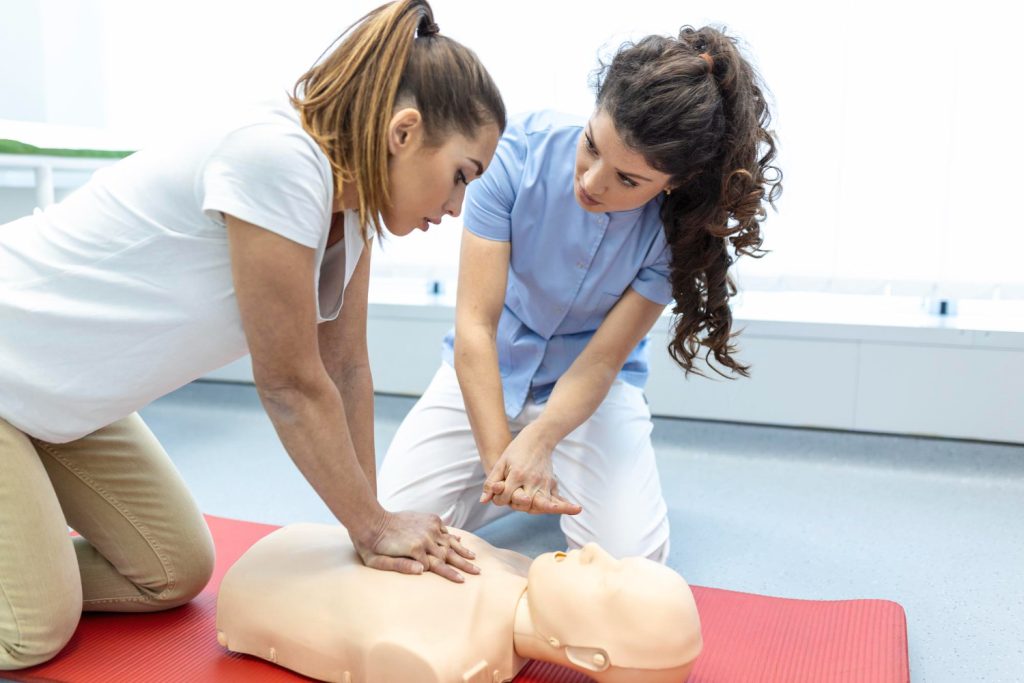
We’ve talked about what SCA is, symptoms and causes. While you can’t always control every risk, there’s a lot you can do to lower your chances of sudden cardiac arrest. Prevention is about small, consistent choices that protect your heart in the long run.
Regular Health Check-Ups & Heart Screenings
A lot of heart problems stay hidden until it’s too late. This is why regular check-ups are so important. Stress tests, ECGs, blood pressure, and cholesterol checks can find problems early on, before they get worse. You can think of it as a “service check” for your heart.
Adopting a Heart-Healthy Lifestyle (Diet, Exercise, Stress Management)
It’s not as important as you think what you do every day. To greatly lower your chance, eat a balanced diet that is high in fruits, vegetables, whole grains, lean protein, and low in processed foods. Also, be active for at least 30 minutes every day, and deal with stress in healthy ways, like through yoga, meditation, or even hobbies you enjoy.
Managing Chronic Conditions
Diabetes, high blood pressure, and being overweight all put extra stress on the heart. Keeping them under control with medicine, changes to your lifestyle, and regular check-ups not only keeps you from having a heart attack, but it also makes your life better in general.
Avoiding Smoking and Excessive Alcohol
It’s easy: smoking hurts blood vessels, and drinking a lot can make the heart muscle weak and cause rhythms. When you cut back or stop doing something, it gives your heart the space it needs to stay healthy.
Importance of Knowing CPR and AED Use For Emergencies
Being ready is sometimes the same thing as being proactive. If someone close to you has a sudden cardiac arrest, giving them CPR and an AED promptly can double or even triple their chances of life. Not only will these skills keep you safe, they could also save someone else’s.
When to Seek Immediate Help
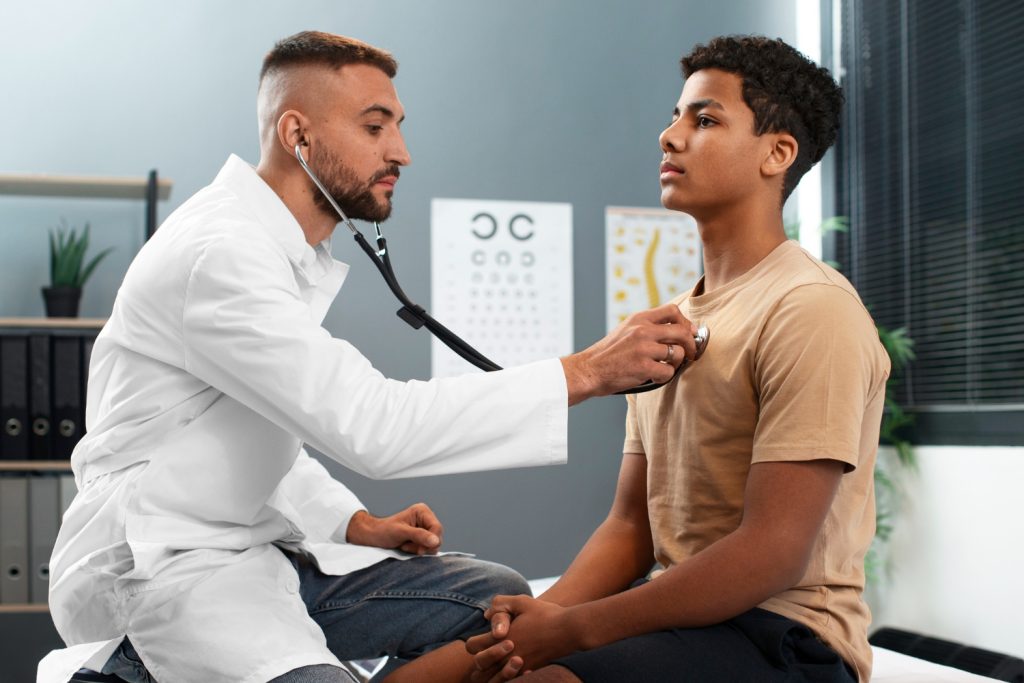
It’s important to get medical help right away if you have sudden chest pain, trouble breathing for no reason, or dizziness that makes you fall down. These are warning signs that your heart might be in very bad shape. Also, call 911 right away if you see someone quickly pass out or stop responding. Get help right away, and start CPR right away if the person isn’t breathing or has no pulse. If you see an automated external defibrillator (AED) close, use it. It’s easy for anyone to use, and a quick shock can get the heart beating again.
In moments like these, every second matters. Acting fast could mean the difference between losing a life and saving one.
Conclusion
Sudden cardiac arrest may strike without warning, but awareness is the first line of defense. Understanding the warning signals, learning what causes them, and taking precautions can significantly reduce the risk to yourself and those you care about. Heart health is more than just receiving annual exams; it is also about the decisions we make every day, such as how we deal with stress and how swiftly we respond in an emergency.
Moving fast can save lives, and what you know could make the difference between life and death in a critical emergency.
“Take care of your heart, share what you’ve learned, and encourage others to keep attentive. Because knowing what to do in the event of a cardiac arrest is not only important, but it can save your life.“

